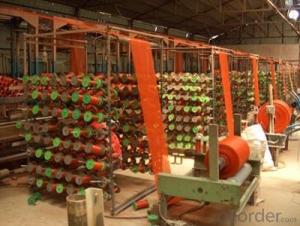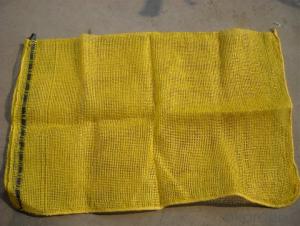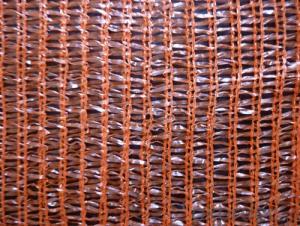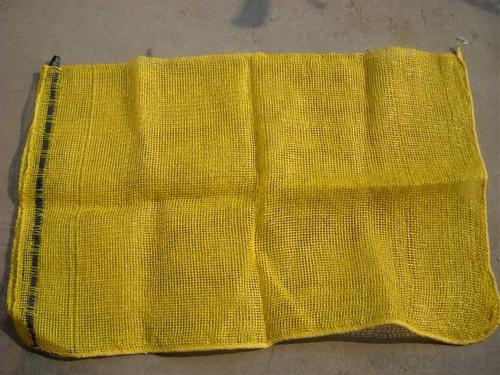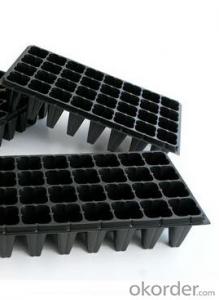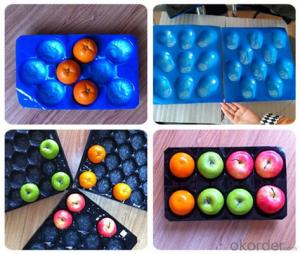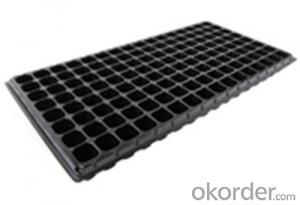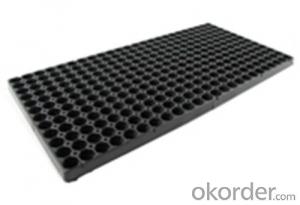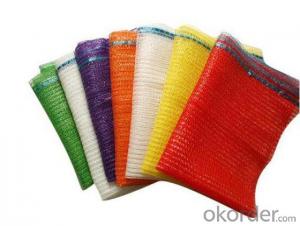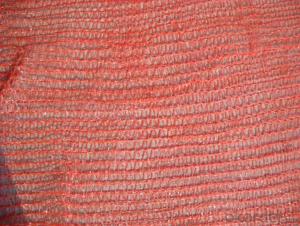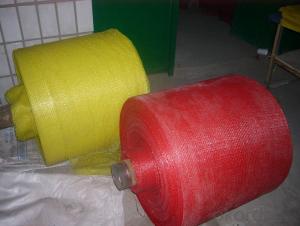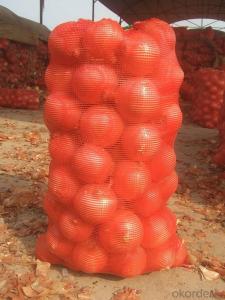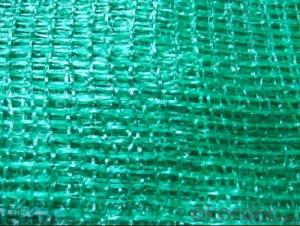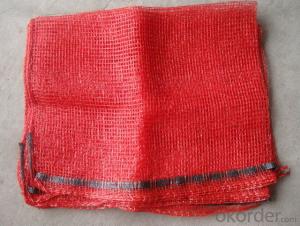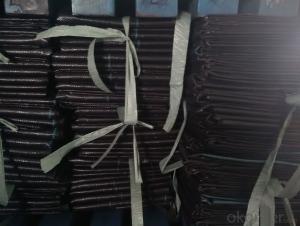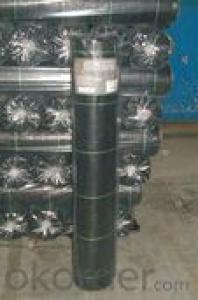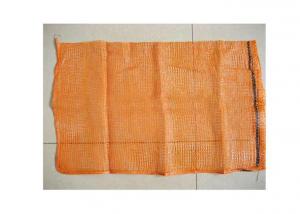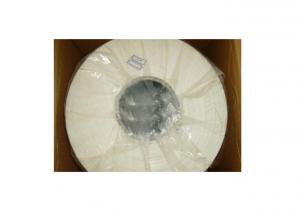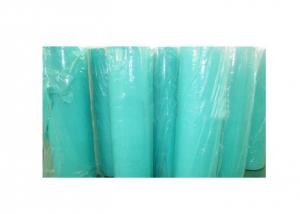HDPE Agricultural Mesh Bag with UV Treatment for Farm
- Loading Port:
- Shanghai
- Payment Terms:
- TT OR LC
- Min Order Qty:
- 50000 m²
- Supply Capability:
- 500000 m²/month
OKorder Service Pledge
OKorder Financial Service
You Might Also Like
Product Name of HDPE Agricultural Mesh Bag with UV Treatment for Farm:
PE Mesh Bag VIOLET
Loading Port: Shanghai port, China
Min.order quantity: 1*20GP
Supply Capability: 20*40HC per month
Payment Terms: TT or LC
Introduction of HDPE Agricultural Mesh Bag with UV Treatment for Farm :
This products is made by HDPE (High-Density Polyethylene) or PP (Polypropylene), it is used for packing olive, onions, potatoes, and so on.
Specification of HDPE Agricultural Mesh Bag with UV Treatment for Farm:
Material base fabric | Fabric Weight | Bag size |
HDPE (High-Density Polyethylene) or PP (Polypropylene) | 20g/m2—200g/m2 AS customer’s requirements. | 30x50cm, 40x60cm, 42x70cm, 50x80cm, 55x78cm, 55x85cm, 57x86cm, 60x90cm, etc. |
Width and length are as customers’ request.
Color: red, green, yellow, white, pink, orange, purple, as per your requirements
Top: Hemmed or locked, with drawstring or without, handle is available
Bottom: Single fold or double fold. Single stitch or double stitch
Printing: on one side or both sides, in one color or multi-colors
Application of HDPE Agricultural Mesh Bag with UV Treatment for Farm:
It can be used packing onions, potatoes, apples, orange and other vegetables or fruits. It can hold heavy enough produces
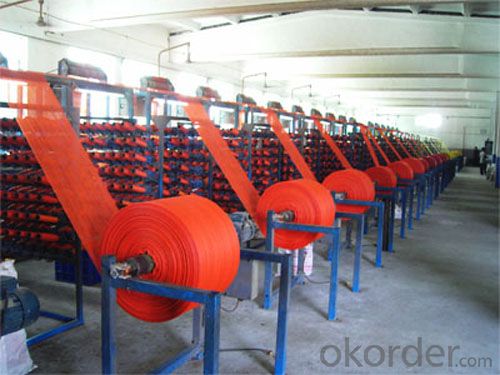
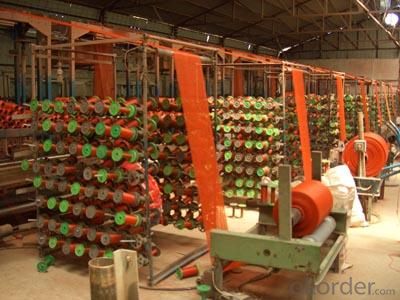
FAQ
Q: How to guarantee the quality of the products?
A:We have established the international advanced quality management system,every link from raw material to final product we have strict quality test;We resolutely put an end to unqualified products flowing into the market. At the same time, we will provide necessary follow-up service assurance.
Q: How long can we receive the product after purchase?
A:In the purchase of product within three working days, We will arrange the factory delivery as soon as possible. The pecific time of receiving is related to the state and position of customers.Commonly 30 to 35 working days can be served.
Q: HOW TO GET A SAMPLE?
A: FREE samples for HDPE Agricultural Mesh Bag with UV Treatment for Farm are available for your checking and testing. And to get free samples, you need to send us you detailed receiving address (including post code) and your DHL/FedEx/UPS account for collecting samples, courier cost will be paid in your side.
- Q: What are some ground cover options for urban gardens?
- Some ground cover options for urban gardens include creeping thyme, sedum, moss, clover varieties, and ajuga. These plants are low-maintenance, provide greenery, suppress weed growth, and add aesthetic appeal to urban garden spaces.
- Q: Are nursery trays suitable for starting ornamental grasses?
- Yes, nursery trays are suitable for starting ornamental grasses. Nursery trays provide a controlled environment for seed germination and early growth, allowing for proper root development. They also allow for easy transplanting of seedlings once they have reached a suitable size.
- Q: How do you prevent ground cover from becoming invasive in a garden?
- There are several strategies to prevent ground cover from becoming invasive in a garden. Firstly, it is important to choose non-invasive ground cover plants that are well-suited to the local climate and soil conditions. Researching and selecting native or recommended species can help ensure that the plants will not spread aggressively. Additionally, regular maintenance, such as pruning and thinning, can help control the growth and spread of ground cover. It is also recommended to create physical barriers like edging or borders to contain the plants within their designated area. Monitoring the plants closely and promptly removing any spreading runners or shoots can further prevent invasiveness. Overall, a combination of careful plant selection, ongoing maintenance, and vigilance can effectively prevent ground cover from becoming invasive in a garden.
- Q: How do you choose ground cover that tolerates foot traffic?
- When choosing ground cover that tolerates foot traffic, it is important to consider factors such as the specific area's climate, sunlight exposure, soil conditions, and the intended level of foot traffic. Opt for sturdy ground cover options like creeping thyme, creeping juniper, or Irish moss that can withstand regular foot traffic without getting damaged or worn out. Additionally, selecting ground covers with low-growing or spreading habits can help create a dense and resilient carpet that can handle frequent walking or trampling.
- Q: How do I prevent ground cover from competing with other plants for nutrients?
- One way to prevent ground cover from competing with other plants for nutrients is to provide adequate spacing between the ground cover and the other plants. This will allow each plant to have enough space to absorb nutrients without overcrowding. Additionally, regular weeding and removing any excess ground cover can help minimize competition for nutrients.
- Q: Paper or plastic...and why? Plastic because it's thin and light and it scrunches up into a tiny plastic thing after.
- if you really want to be eco friendly neither and bring your own bag. but if you had to choose. Plastic. You can reuse and maybe recycle.
- Q: Are nursery trays suitable for carnivorous plants?
- No, nursery trays are not suitable for carnivorous plants as they require specific growing conditions and specialized pots such as those with good drainage and the ability to hold water.
- Q: What types of plants are suitable for nursery trays?
- Various types of plants are suitable for nursery trays, including small herbaceous plants, bedding plants, seedlings, and young perennials. Additionally, plants with shallow root systems or those that can be easily transplanted are commonly grown in nursery trays.
- Q: How are plastic milk bottles used in dairy farming?
- Plastic milk bottles are commonly used in dairy farming as a packaging material for storing and distributing milk. These bottles provide a convenient and hygienic way to store milk, ensuring its freshness and preventing contamination. They are also lightweight and durable, making transportation and handling easier for farmers. Additionally, plastic milk bottles are often recyclable, promoting sustainability in the dairy industry.
- Q: does anyone know the basic ingredients you have to have to make plastic? like maybe resin, binder etc etc... the main stuff a plastic is made of... and where do the polymer things go in in the solution?
- To make a plastic you start with an organic (carbon based) ingredients and join them together in a condensation process to form very long chain polymers (plastic). A polymer is formed by the combination of one or more molecules into a chain. In plastics these chains are extremely long, which makes them strong. The most common plastics are made from oils, such as polyethene. But you could make them out of most organic compounds. Cellulose from plants is often used also. CH2CH2 + CH2CH2 + CH2CH2 + CH2CH2 + CH2CH2 + CH2CH2 + CH2CH2 + CH2CH2 + CH2CH2 + CH2CH2 + CH2CH2 + CH2CH2 + CH2CH2 + CH2CH2 + CH2CH2 + CH2CH2 + CH2CH2 + CH2CH2 + CH2CH2 .... becomes CH2CH2CH2CH2CH2CH2CH2CH2CH2CH2CH2CH2 ... (CH2)*n n is greater than 1000 Ethane molecules (gas from crude oil) ==> Polyethene chain
Send your message to us
HDPE Agricultural Mesh Bag with UV Treatment for Farm
- Loading Port:
- Shanghai
- Payment Terms:
- TT OR LC
- Min Order Qty:
- 50000 m²
- Supply Capability:
- 500000 m²/month
OKorder Service Pledge
OKorder Financial Service
Similar products
Hot products
Hot Searches
Related keywords
